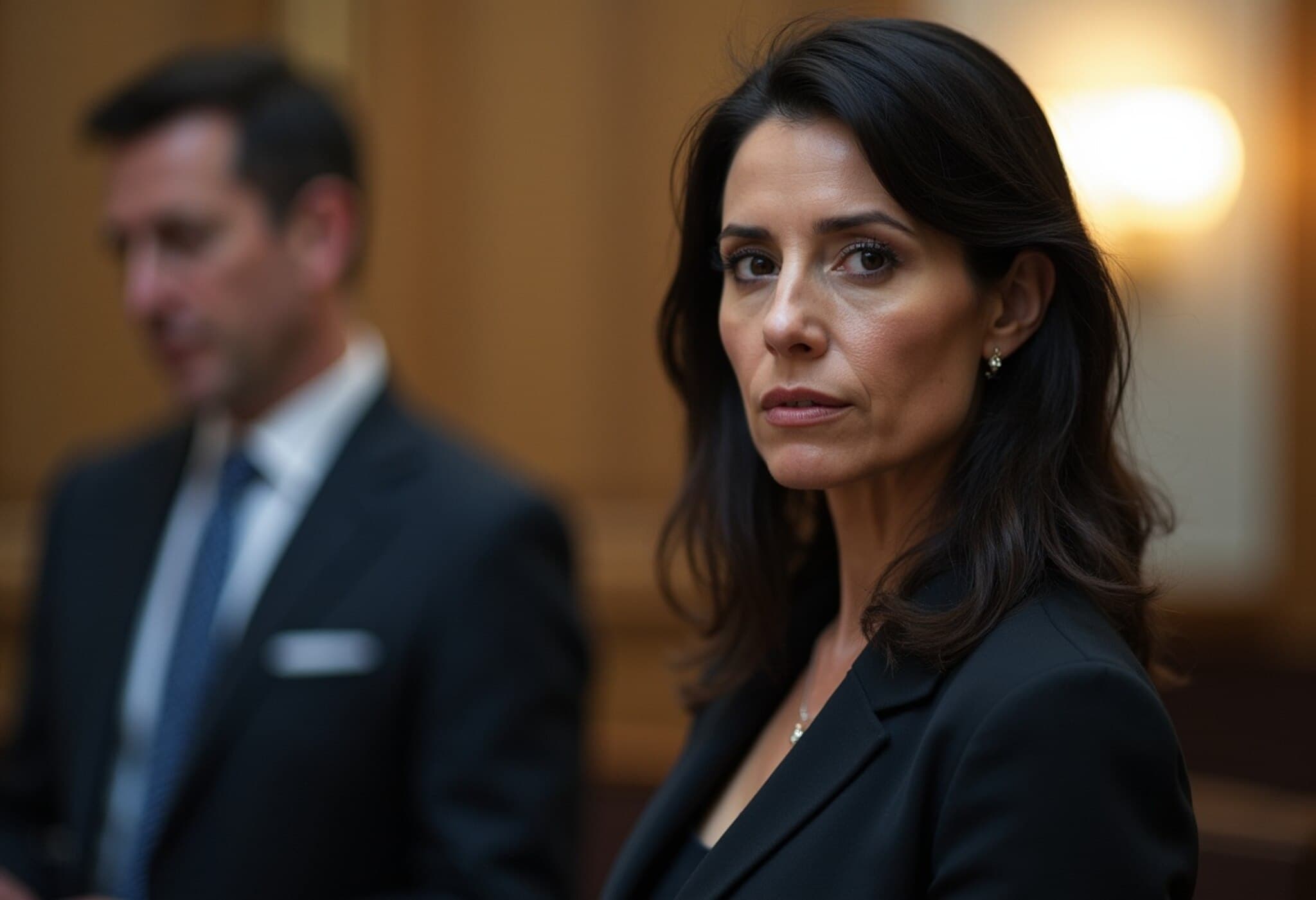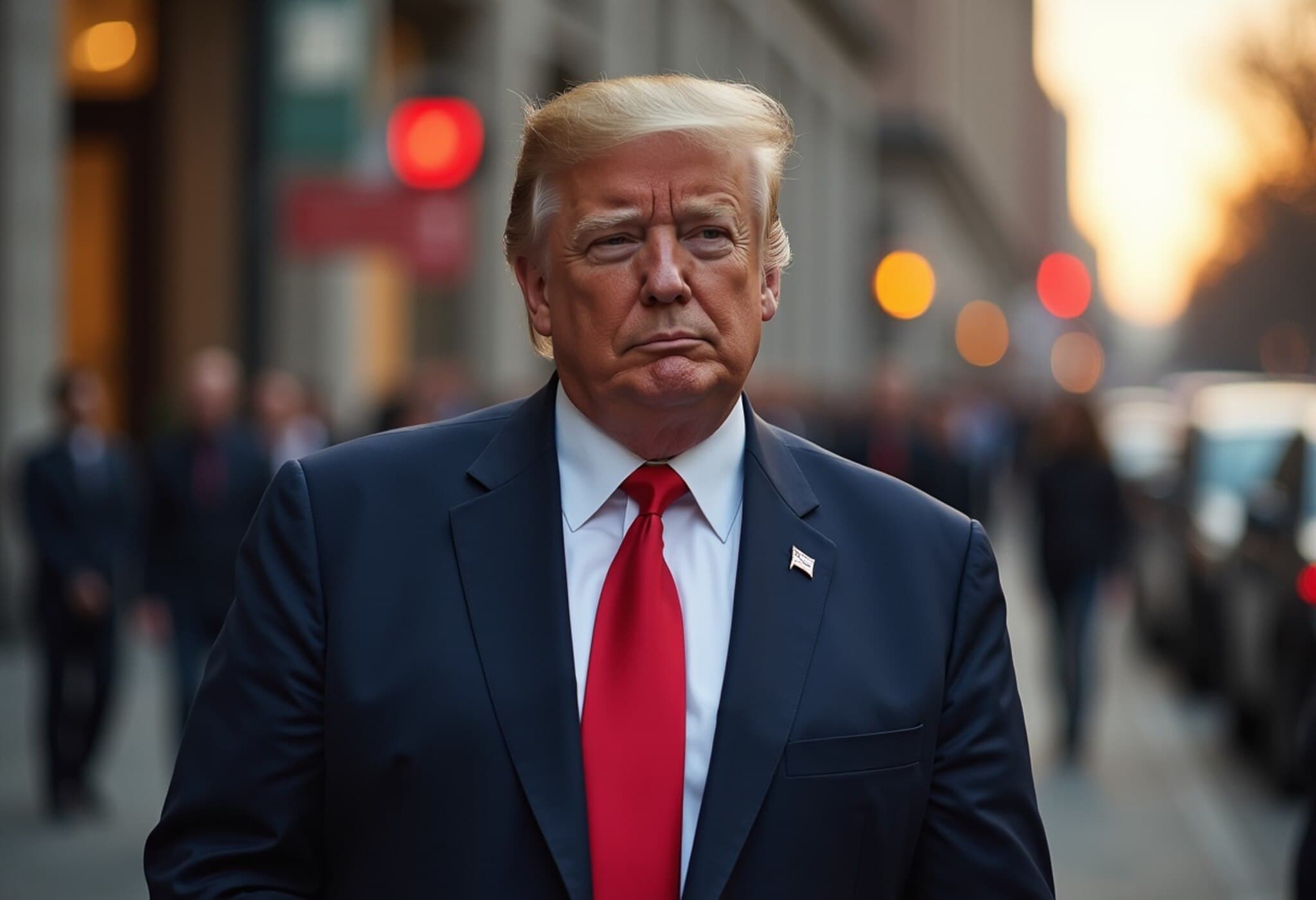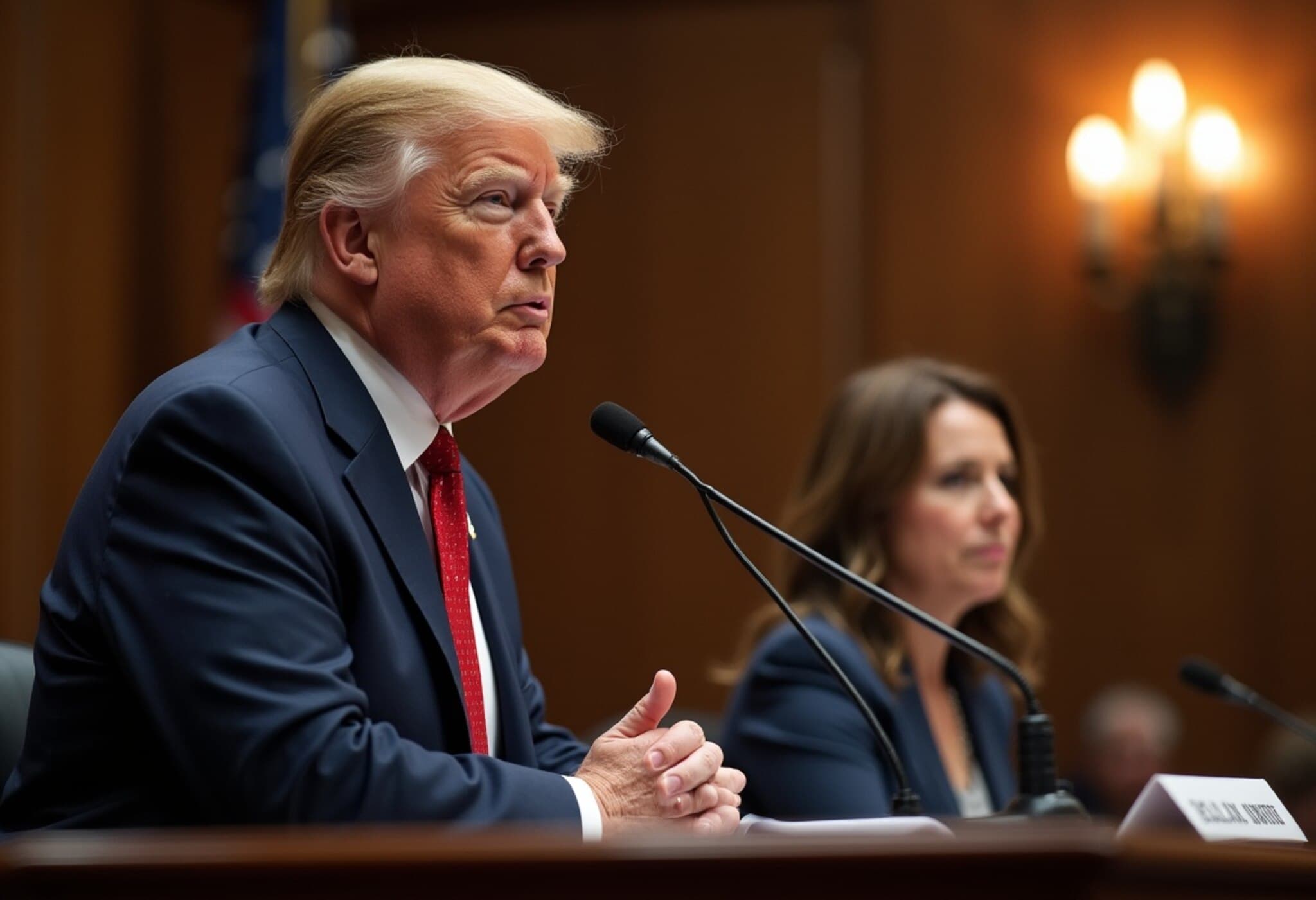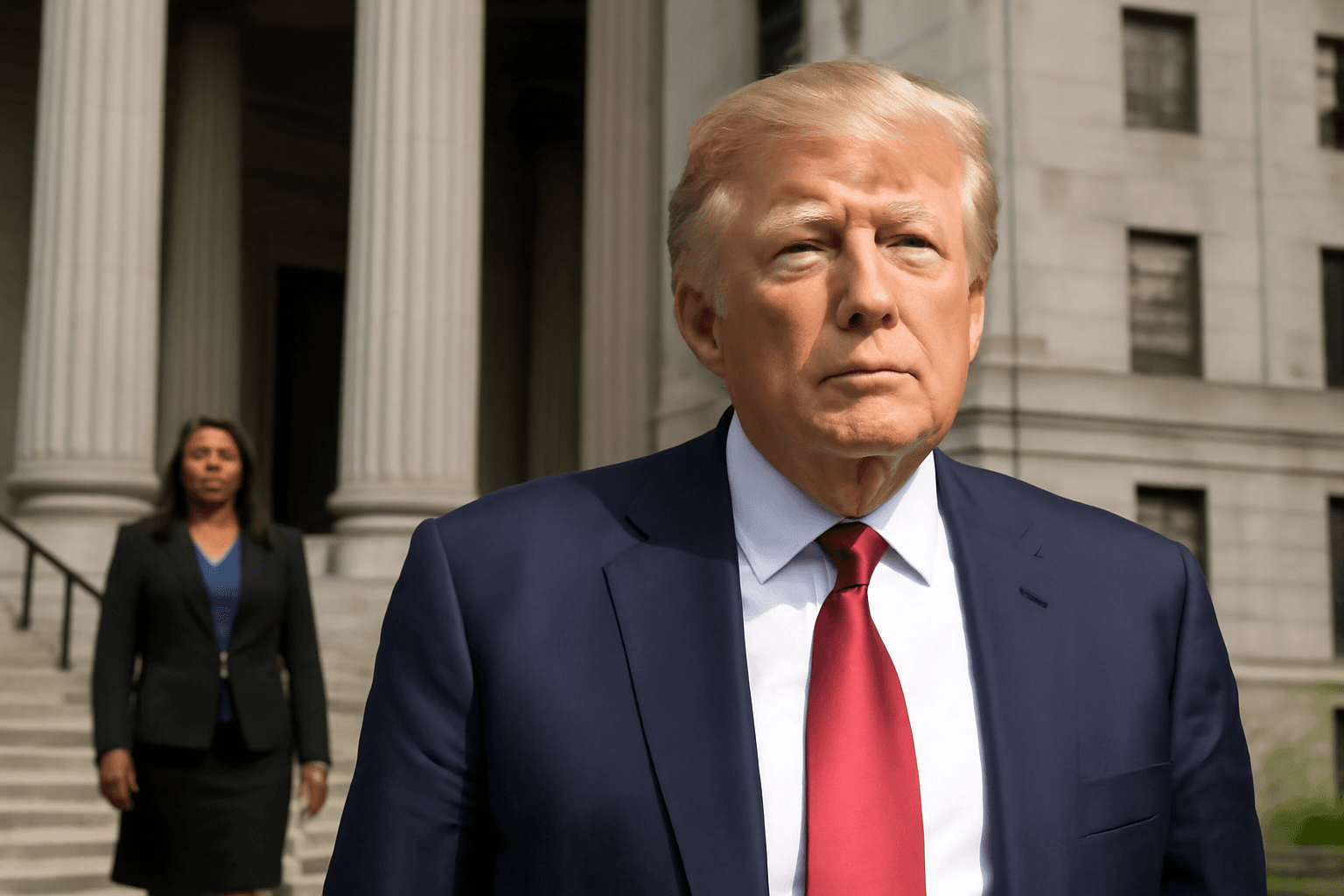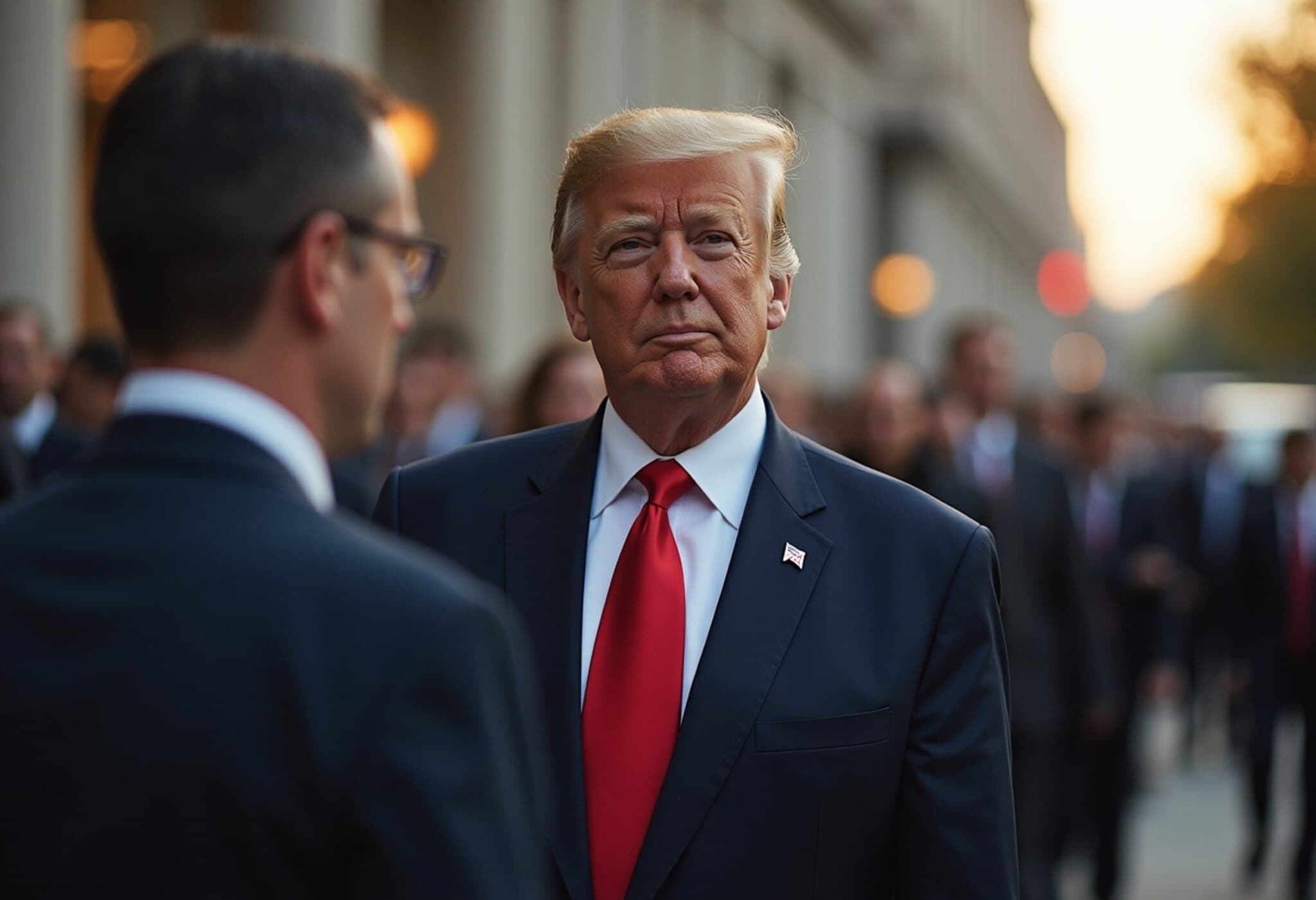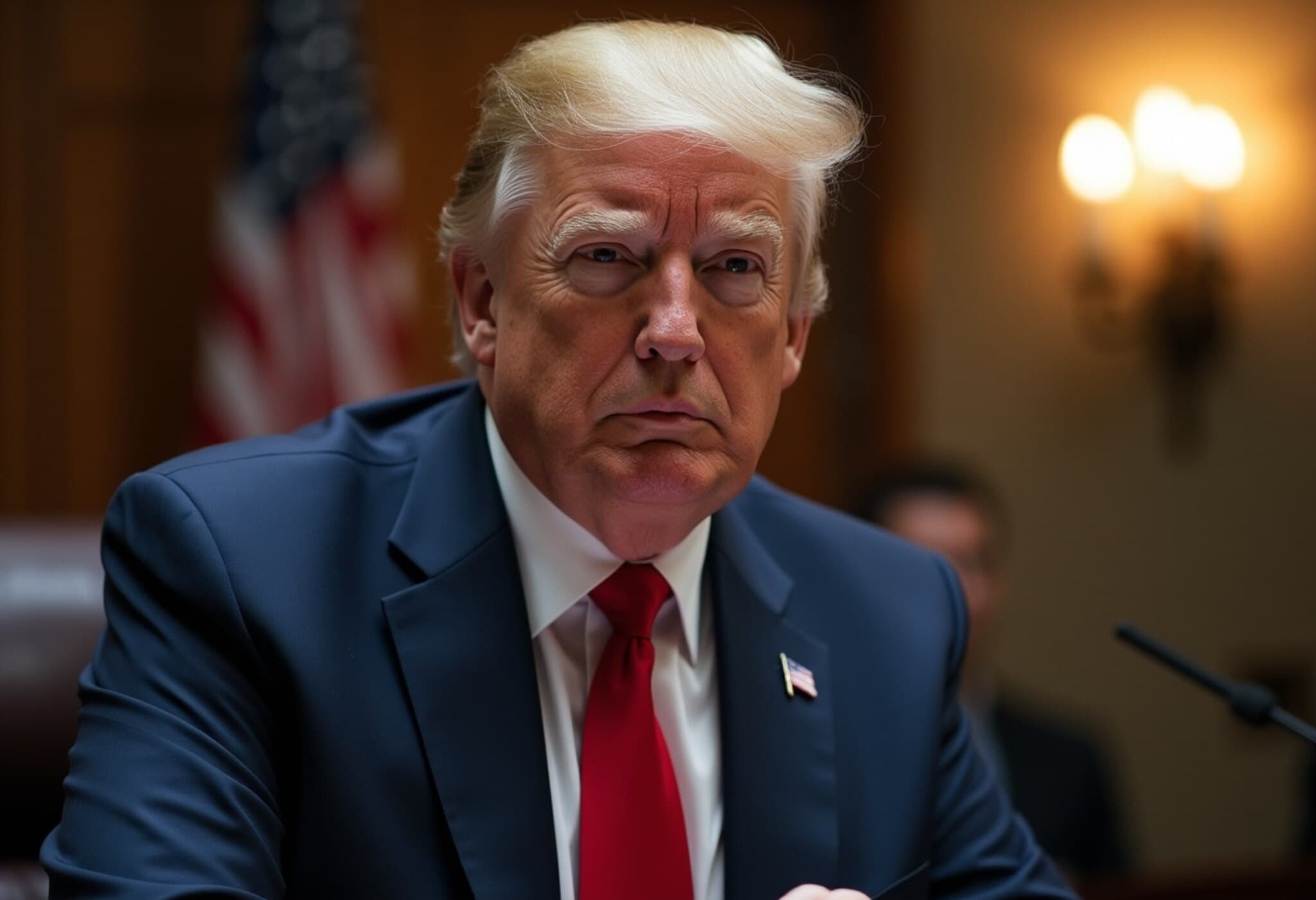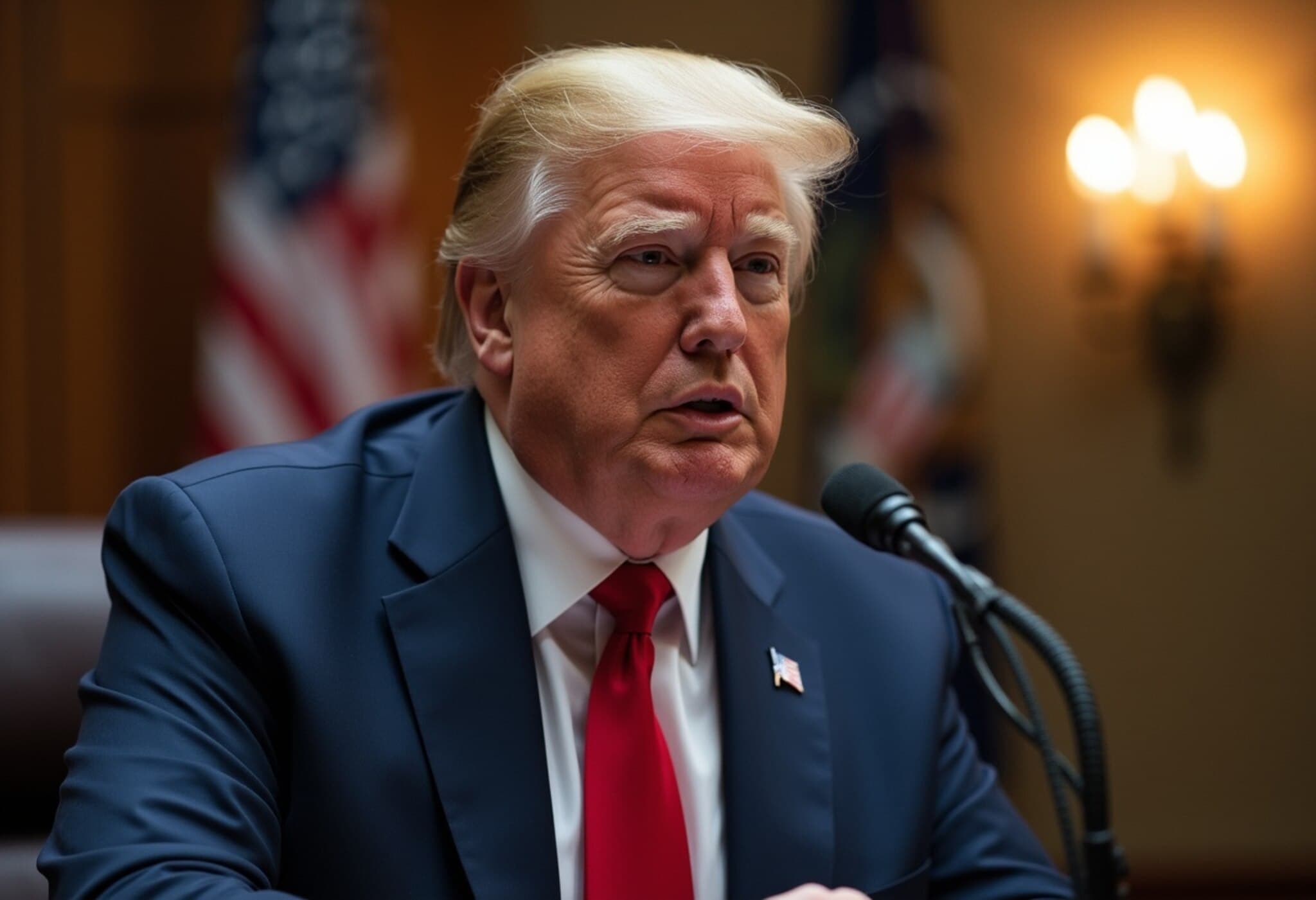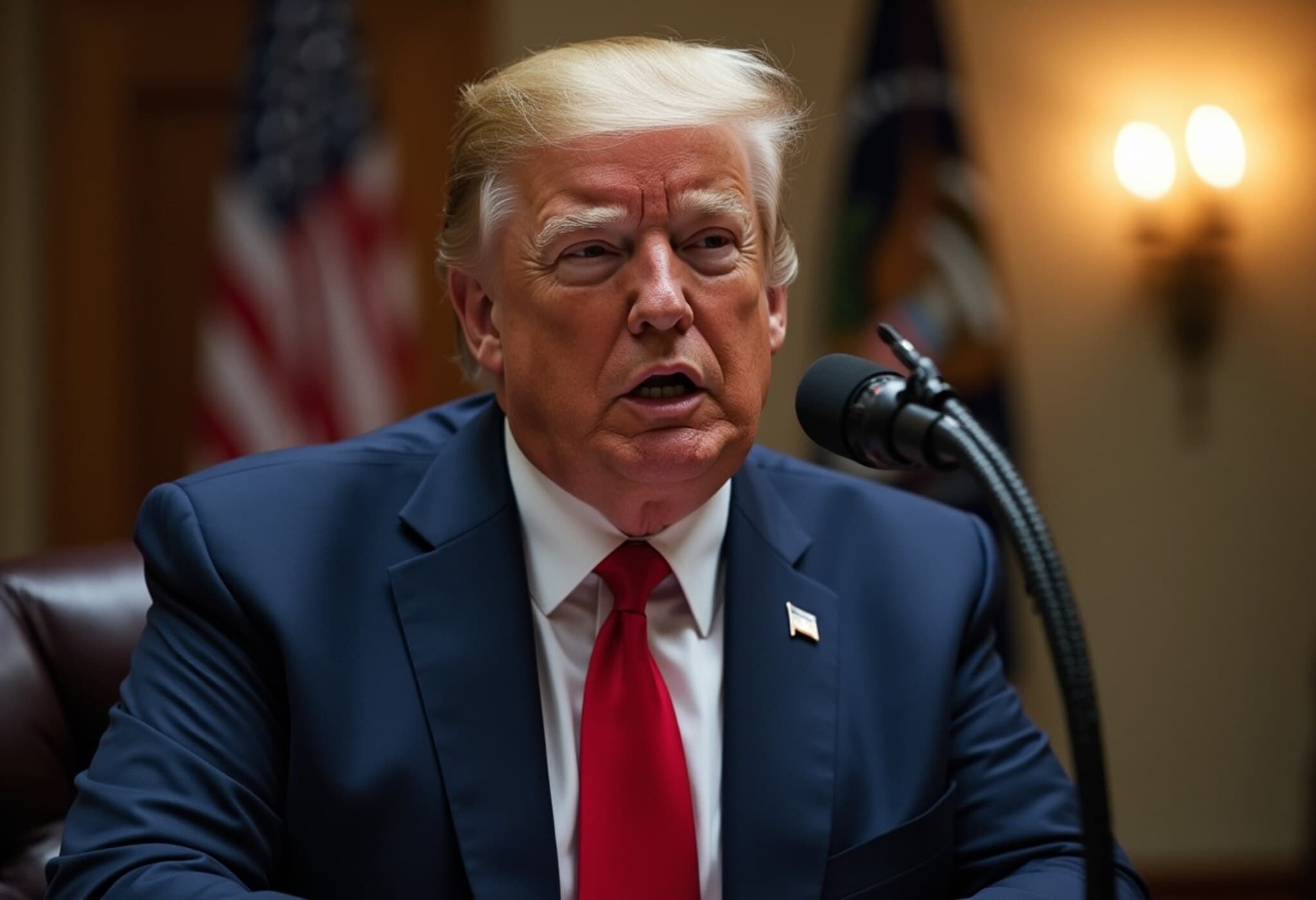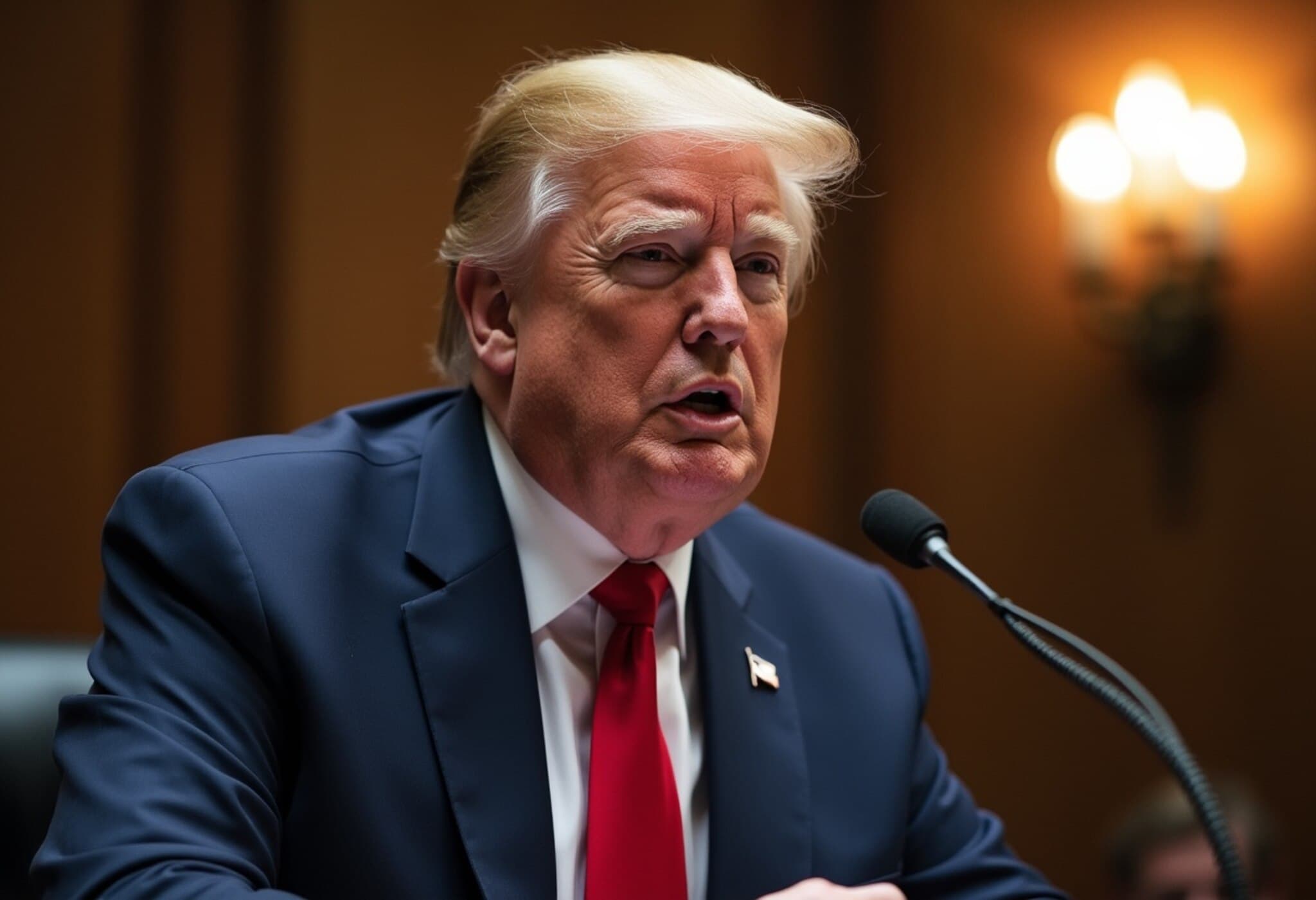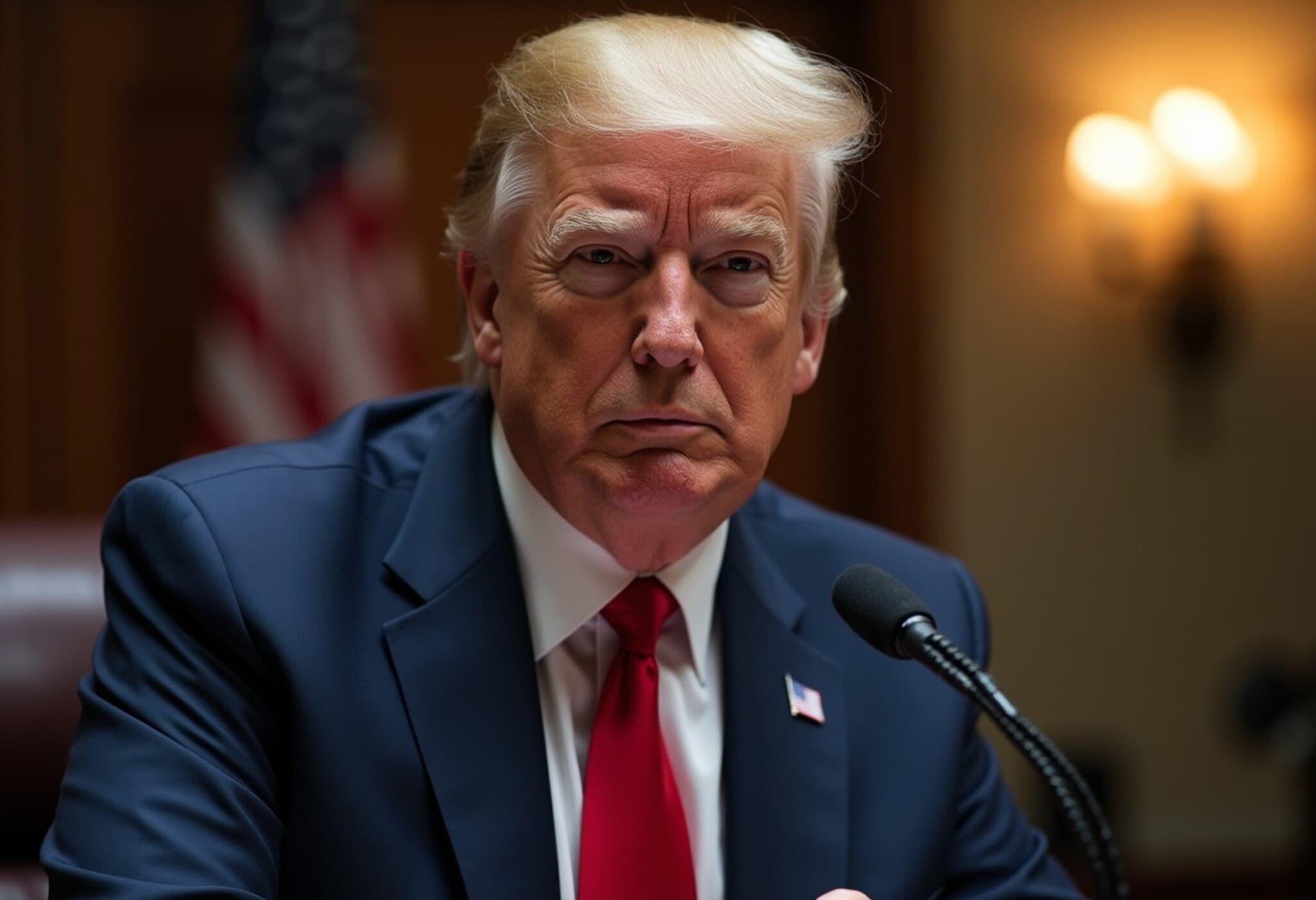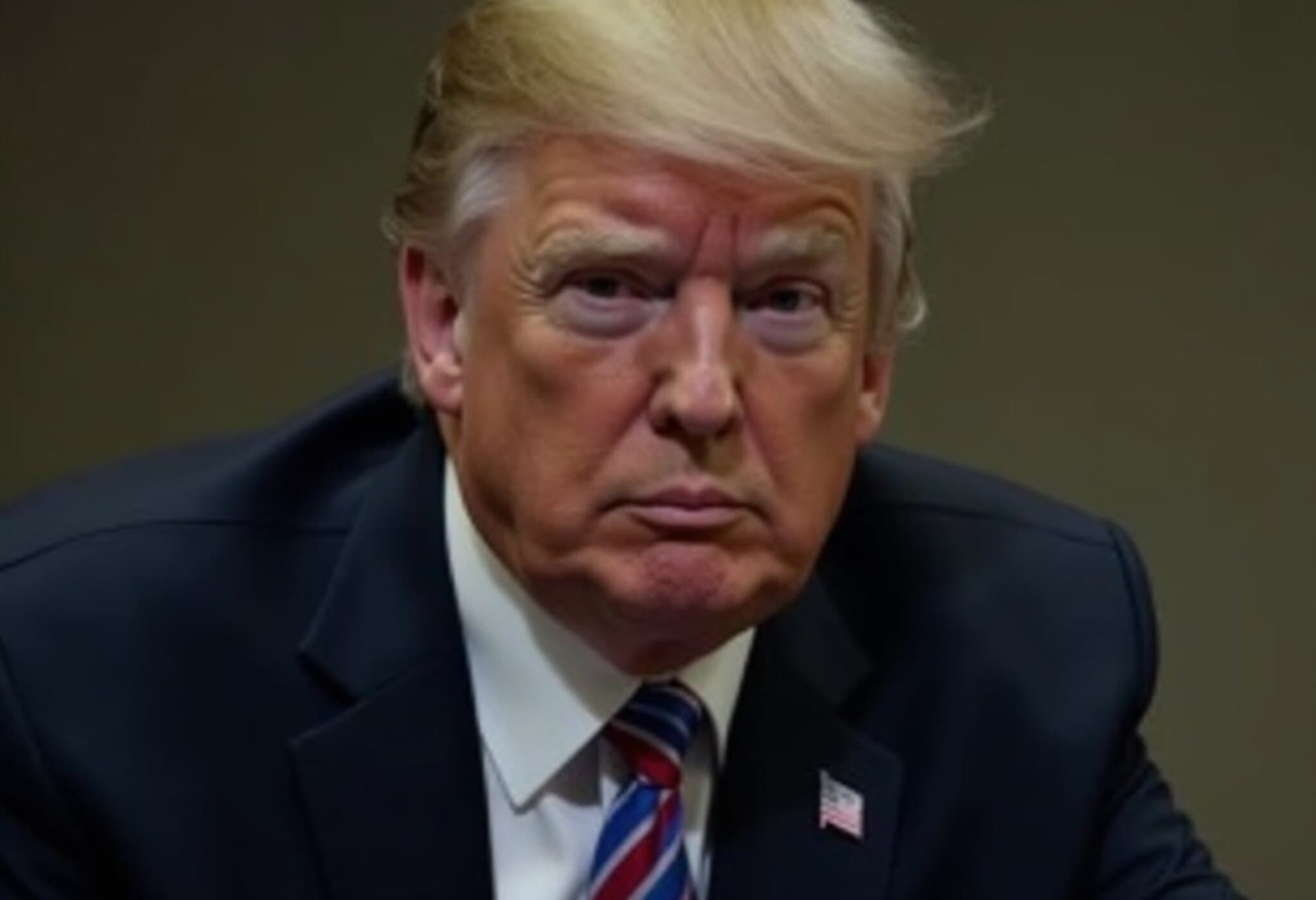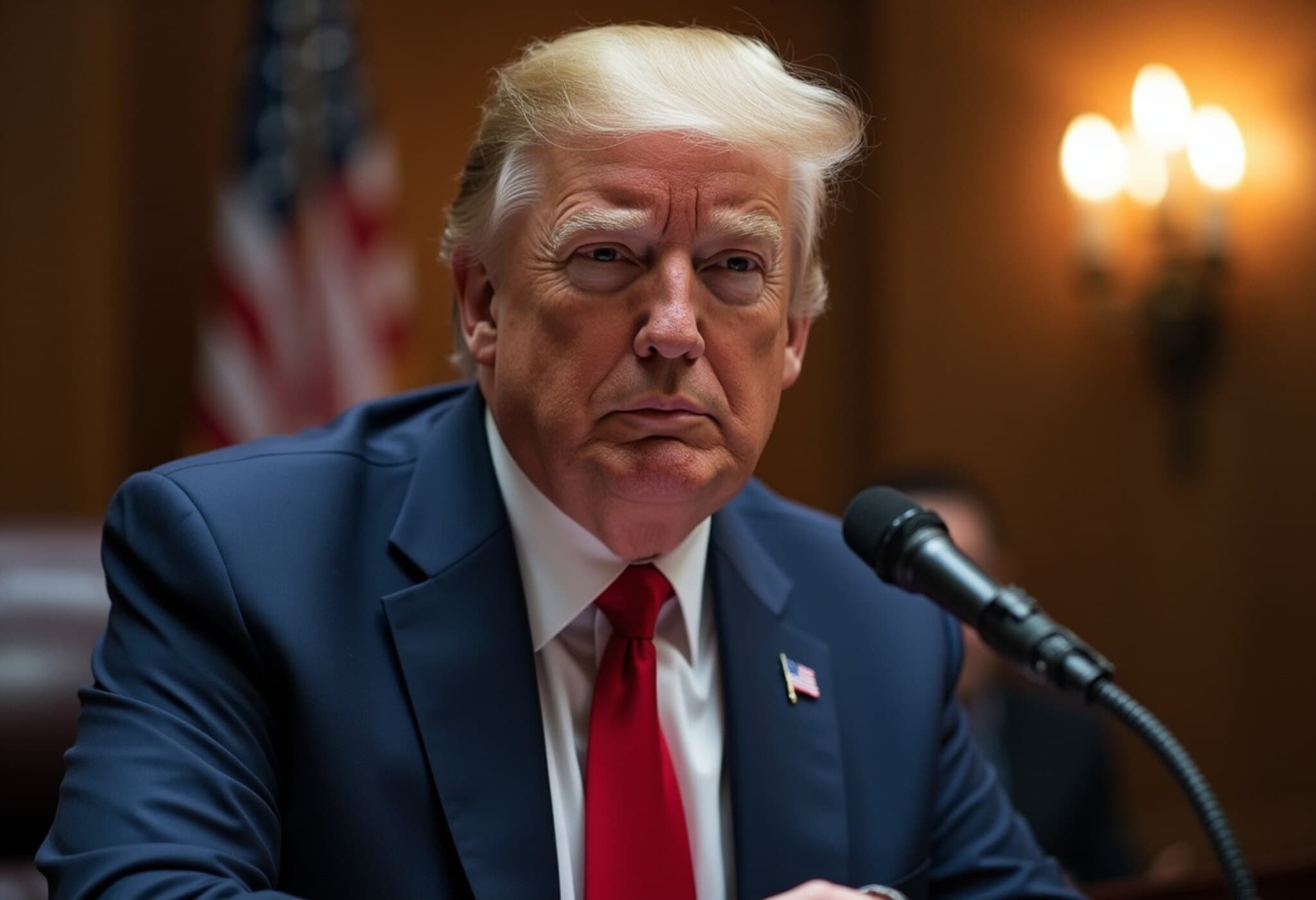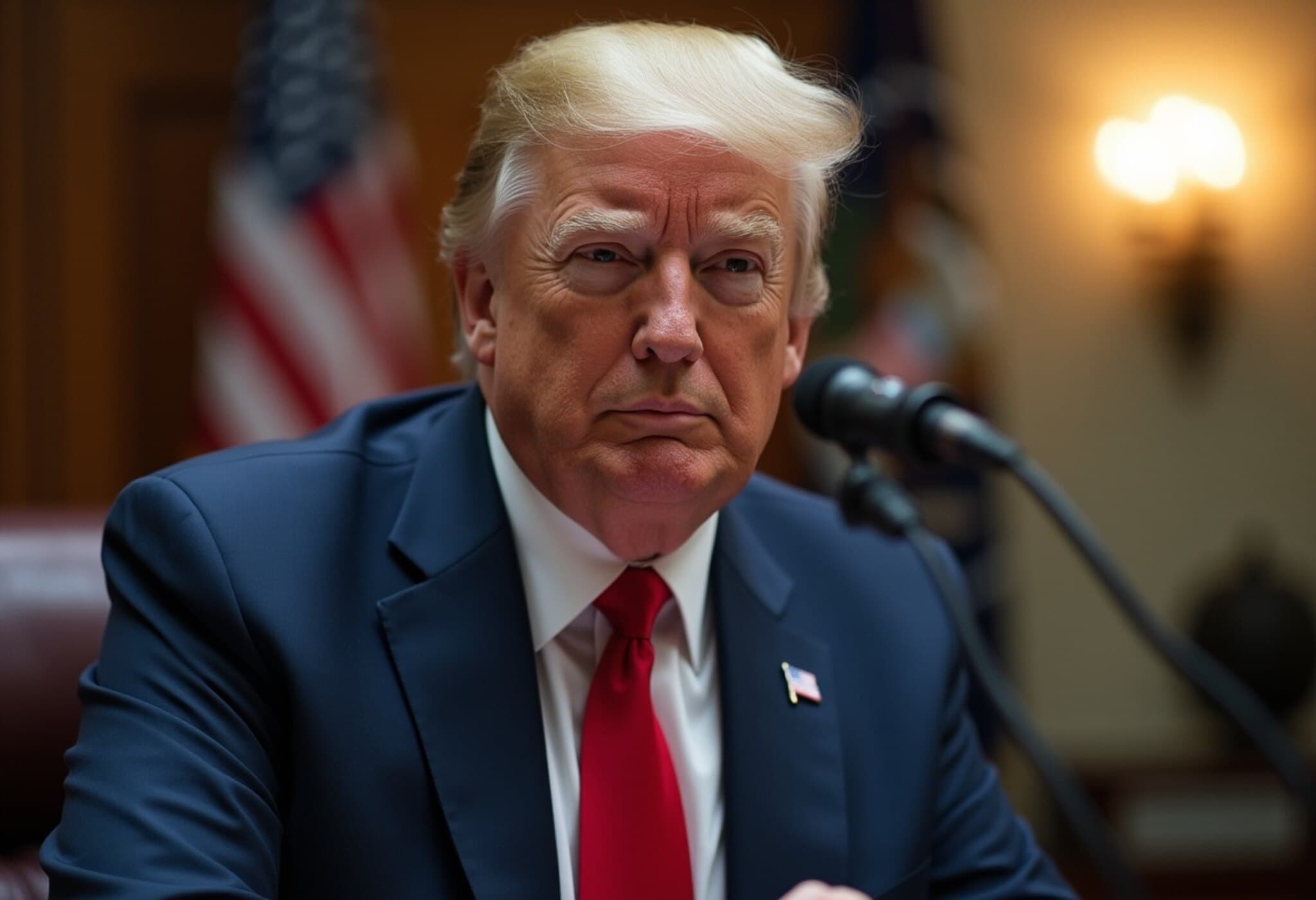US Justice Department Seeks to Release Epstein Grand Jury Transcripts
In an unprecedented legal development influenced by intense public scrutiny and political pressure, the US Department of Justice (DOJ) has formally filed a motion in the Southern District of New York court to unseal the grand jury transcripts related to Jeffrey Epstein, the notorious sex offender who died in 2019. This motion comes just a day after a Wall Street Journal report reignited discussions surrounding former President Donald Trump's ties to Epstein, further intensifying calls for transparency.
Background: The Epstein Case and the Quest for Transparency
Jeffrey Epstein’s criminal activities, which included the sexual exploitation of teenage girls, captured worldwide attention and condemnation. Following his death, many files and testimonies remained sealed under grand jury secrecy rules — a common practice in the US justice system designed to protect the integrity of investigations and individuals’ privacy prior to trial.
However, the gravity of Epstein’s crimes, coupled with public interest and political narratives, particularly from supporters of President Trump and the Make America Great Again (MAGA) movement, has fueled extensive debate over the government’s responsibility to disclose these documents.
Details of the Department of Justice Motion
Deputy Attorney General Todd Blanche submitted the motion requesting the release of the grand jury transcripts — not only related to Epstein but also to the case against Ghislaine Maxwell, the British socialite convicted of recruiting underage girls for Epstein's abuse. According to the DOJ's filing, this unprecedented step acknowledges the "intense public interest" in the case and balances it against reduced privacy concerns, given Epstein's death.
"Public officials, lawmakers, pundits, and ordinary citizens remain deeply interested and concerned about the Epstein matter," the motion states. It further underscores that privacy interests are significantly diminished because Epstein is deceased, altering the traditional need for secrecy in grand jury proceedings.
Political and Social Ramifications
The decision to seek unsealing aligns with earlier statements by President Trump, who publicly demanded Attorney General Pam Bondi to release "whatever is possible" concerning the Epstein case. Trump has vehemently denied allegations linking him to Epstein’s activities, attributing such claims to political adversaries including Comey, Obama, and Biden.
MAGA supporters have long criticized the DOJ’s reluctance to make the Epstein documents public, accusing officials of suppressing information and fostering mistrust. Attorney General Bondi, meanwhile, faced backlash for initially resisting calls for transparency but has since been involved in efforts to comply with the president’s demand.
Contextual Insight: The Importance of Transparency in High-Profile Cases
The unsealing of such grand jury materials is rare and comes with legal and ethical complexities. Beyond satisfying public curiosity, these documents could have significant implications for accountability and institutional trust, particularly concerning powerful figures intertwined with Epstein’s network. American legal experts note that this move could set a precedent, balancing the public’s right to know against established protections for the accused and victims.
- Legal Experts’ View: Transparency can enhance the justice system’s credibility but must be weighed carefully against preserving due process.
- Victims’ Rights: Protecting the identities and privacy of survivors remains a critical consideration.
- Political Impact: The release could influence ongoing political narratives and electoral dynamics, particularly with midterm elections approaching.
Looking Ahead
The court's decision on DOJ’s motion will be closely watched by media, legal analysts, and the public alike. The outcome could not only clarify unresolved questions surrounding Epstein’s network but also serve as a litmus test for governmental transparency in politically sensitive cases.
Editor’s Note
As the Justice Department navigates the delicate balance between transparency and confidentiality, this case shines a spotlight on broader questions about how justice is administered when powerful individuals are involved. Will unsealing the grand jury transcripts restore public trust, or will it further expose the complexities and limitations of the American justice system? Regardless, this moment underscores the urgent need for accountability and reinforces the pivotal role of an informed public in democratic governance.


